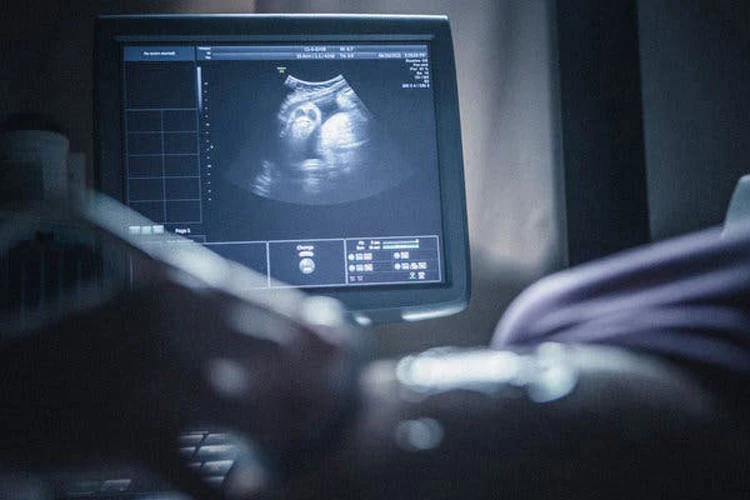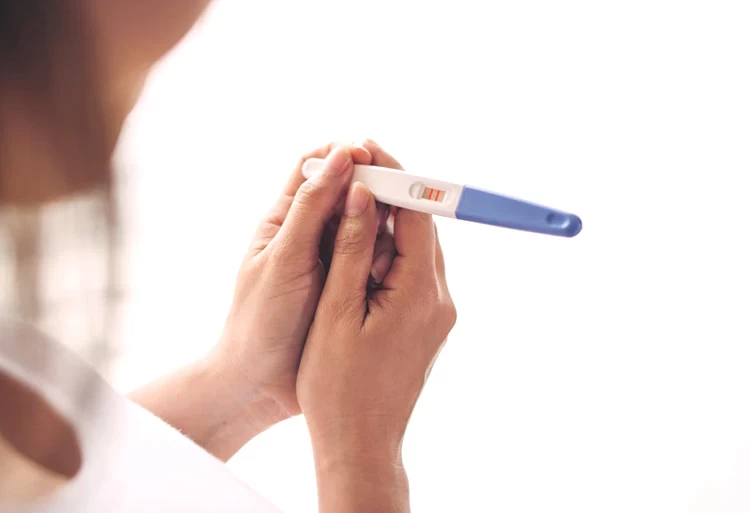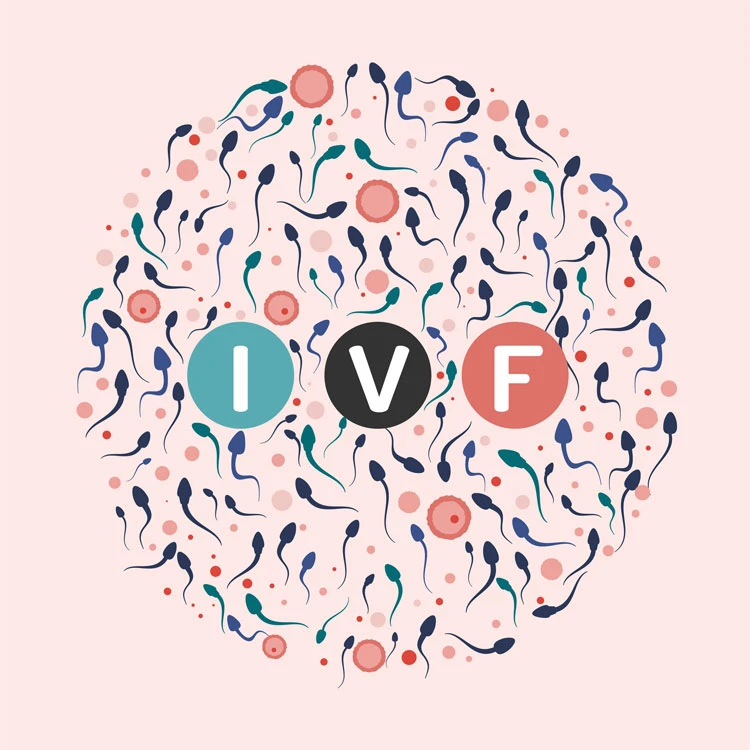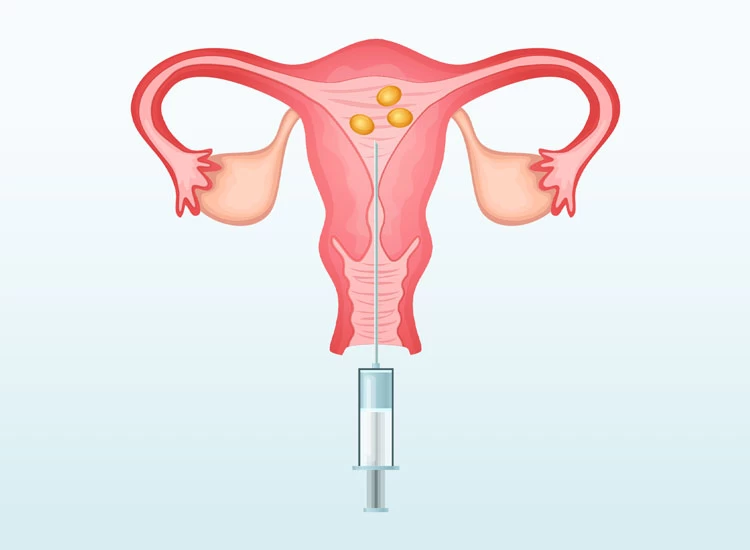Having sex before IVF is not recommended because the ovaries are enlarged and painful due to hormonal medications. The couple can have sex two weeks after embryo transfer, but they must use a condom or diaphragm.
An IVF cycle may fail because of high maternal age, low quality of sex cells and embryo, low receptivity of the uterus, endometriosis, and chromosomal abnormalities of the embryo. Also, if the mother has uncontrolled elevated blood pressure, unbalanced TSH level, or blood clotting disorders, the IVF may fail.
The first symptoms of implantation are nausea, light spotting, mild cramping, and food craving. Remember that implantation spotting differs from period to period in terms of color, amount, duration, and other factors. Implantation bleeding usually takes a couple of days, and its color is pink or brown. Also, its amount is so small that you don’t need a maxi pad.
IVF is the most popular type of assisted reproductive technology, which involves seven steps in total, from taking hormone medications to preparing the womb for carrying the baby to the embryo transfer procedure.
Both IVF and ICSI are done in five steps, from taking ovulation induction drugs to embryo transfer. The main difference between these two techniques is that in ICSI, the sperm is directly injected into the egg by a needle, while in IVF, the sperm penetrates the egg on its own. The success rate of IVF is between %50% and 60, but ICSI has a success rate of %50% to 80.
IVF treatment involves several steps, from taking hormonal medications to embryo transfer. Factors like doctor's fees, using donor sex cells or embryos, the facilities of the clinic, and the price of medication can affect IVF costs. In 2025, Iran will be the cheapest country to get IVF as the living costs and doctor’s fees are considerably low in this country.
Twin pregnancy is common in IVF treatment, as usually, more than one embryo is transferred into the mother's womb. Even if one embryo is put in the uterus, the chance of developing an identical twin is higher in IVF than in natural pregnancy. Although multiple births are exciting for couples longing for a baby, it may have adverse effects on the mother's health and put her life at risk.
The most definite way to confirm pregnancy after embryo transfer is by taking a blood test, but you can be sure that your treatment has worked if you have spotting, breast tenderness, mild cramps, nausea, frequent urination, and constant tiredness from 7 to 10 days after the procedure.
Foods rich in protein, folate, and different vitamins play an important role in hormone production and the quality of sex cells. On the other hand, processed and canned food, dishes containing mercury, alcohol caffeinated beverages, etc., affect the fetus's development and lower the chance of natural childbirth.
Choosing the gender of your child through IVF can prevent the transmission of gender-related genetic disorders and increase your chance of successful pregnancy. Despite having numerous advantages, many couples reconsider having IVF gender selection as it is a costly procedure and provokes ethical dilemmas.









